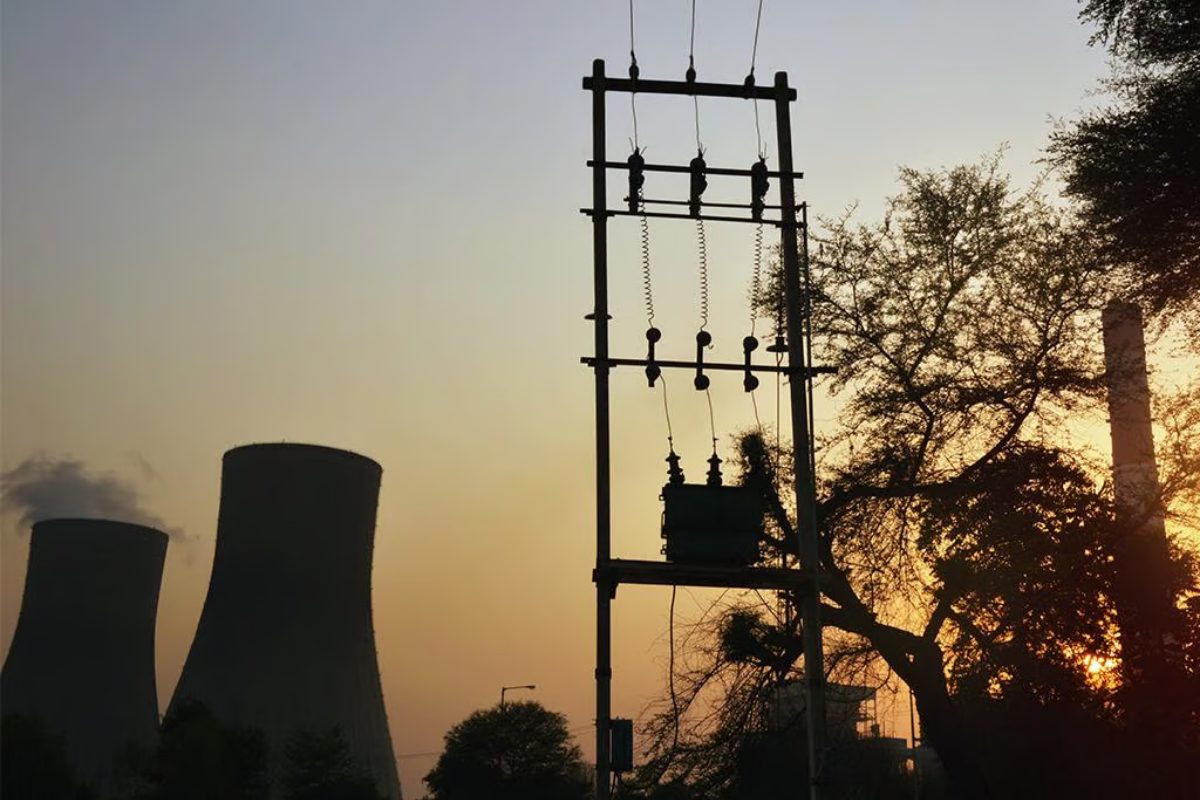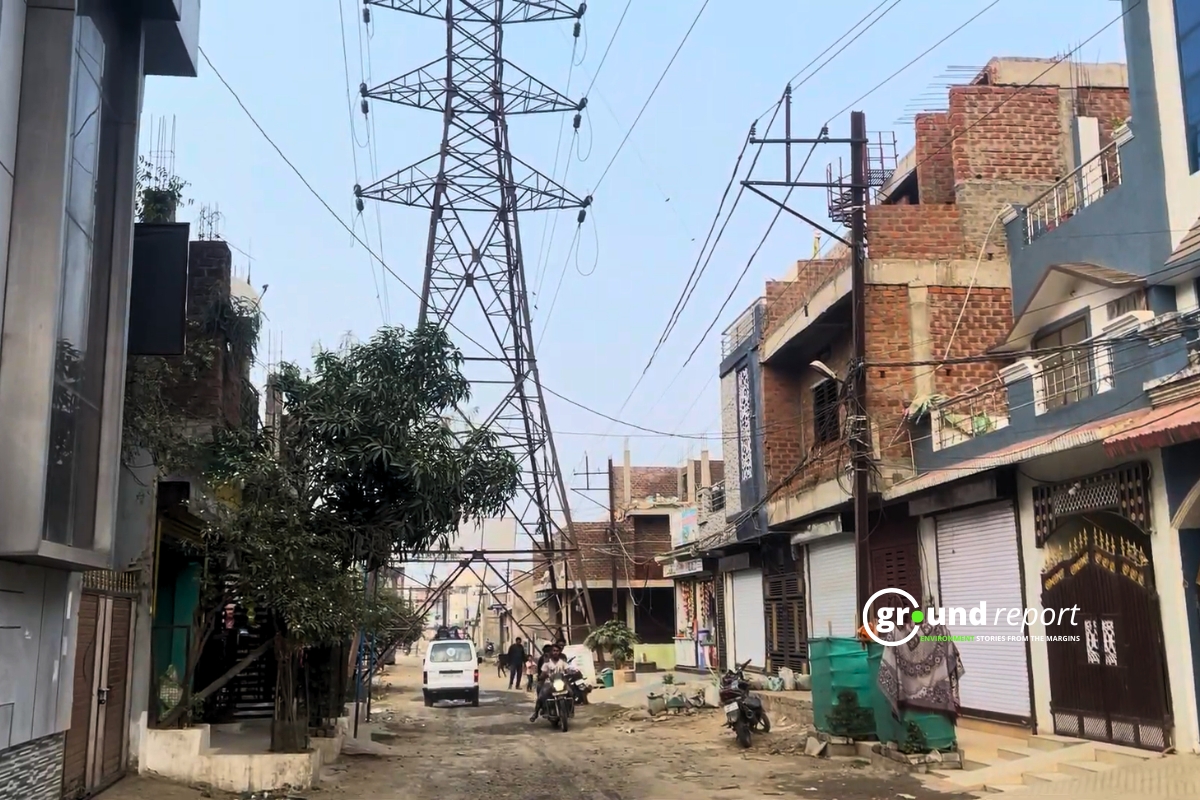The National Green Tribunal (NGT) imposed Rs. 6,90,31,200 environmental compensation on the Panipat Thermal Power Station (PTPS) for causing severe pollution. The decision on November 8, 2024, followed an investigation into the unscientific disposal of fly ash, leading to alarming air and soil contamination levels in nearby villages.
The verdict was based on a detailed report by a Joint Committee from the Central Pollution Control Board (CPCB), the Haryana State Pollution Control Board (HSPCB), and the Deputy Commissioner of Panipat. The committee’s findings, submitted in April 2023, highlighted hazardous levels of particulate matter (PM10 and PM2.5) exceeding national standards. The region’s air was contaminated with harmful substances like nickel, benzene, and benzo(a)pyrene, posing health risks to residents.
The soil analysis confirmed elevated heavy metal levels, including nickel and zinc, indicating extensive agricultural land contamination due to improper fly ash disposal. This has degraded soil quality and affected the health of local residents and livestock, making it a pressing environmental and public health issue.
The case was initiated based on a petition by Subhender, a Sutana village in Panipat district, who raised concerns about fly ash pollution affecting nearby villages. The petition was filed under the NGT’s suo-moto jurisdiction, following a Supreme Court precedent in the 2022 Municipal Corporation of Greater Mumbai vs. Ankita Sinha case. The complaint highlighted the severe impact of fly ash on air quality, visibility, and residents’ health, especially during summer when strong winds spread the ash particles.
The PTPS, which generates electricity using coal, has been found negligent in managing fly ash, a coal-burning byproduct. The tribunal noted that despite some measures taken by the PTPS, such as installing tyre washing facilities, CCTV surveillance, and water sprinklers to mitigate dust, these efforts were insufficient. The NGT applied the “Polluter Pays” principle, holding the power station accountable for its environmental negligence.
In response, the PTPS assured the court of a plan to dispose of approximately 108 lakh metric tonnes of stored fly ash in a scientific and environmentally safe manner within two to three years. The tribunal set a strict deadline for complete disposal by July 31, 2027.
The NGT has tasked the Haryana State Pollution Control Board (HSPCB) with monitoring this plan. Starting July 1, 2024, the HSPCB will assess the environmental compensation every six months based on the remaining fly ash quantity, ensuring compliance with the tribunal’s directives. The HSPCB will submit regular reports to the NGT to track the progress of fly ash disposal and the effectiveness of measures taken by the PTPS.
The tribunal emphasized the need for effective greenbelt development around the power station. The PTPS must collaborate with the Panipat Divisional Forest Officer to ensure the survival and maintenance of trees planted for its environmental mitigation strategy over the next five years. This initiative aims to enhance the local ecosystem and reduce particulate matter impact on air quality.
Support us to keep independent environmental journalism alive in India.
Keep Reading
Govt shelves elephant census, population drops 20% in 5 years
Wildlife SOS mourns passing of Suzy, 74, oldest rescued Elephant
Asian Elephants display complex mourning rituals similar to humans: study
Asian Elephant populations threatened by rapid ecosystem decline
Follow Ground Report on X, Instagram and Facebook for environmental and underreported stories from the margins. Give us feedback on our email id greport2018@gmail.com.
Don’t forget to Subscribe to our weekly newsletter, Join our community on WhatsApp, and Follow our YouTube Channel for video stories.





